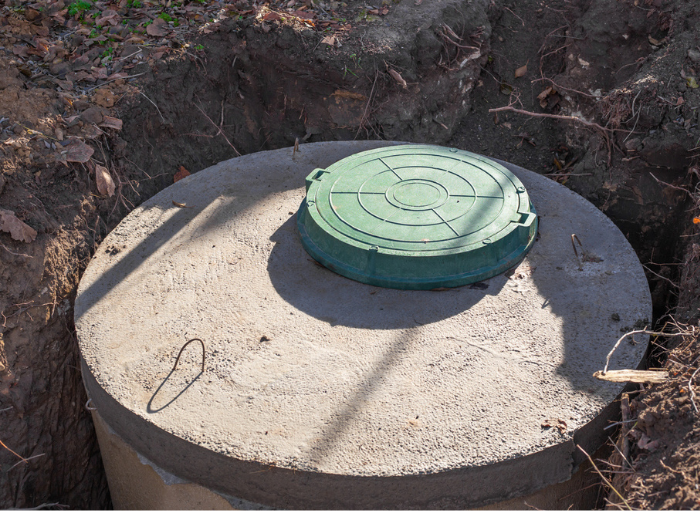City water pros and cons
While only some people have access to well water, almost everyone will have the option of city water. If you have access to both, here are the pros and cons of city water to help you decide which you should choose.
City water pros
- The city is responsible for testing and treatment: City water is highly regulated and tested often to ensure it’s safe for use, so you don’t have to do anything. However, it should be noted that in some cases contaminants can slip through the cracks of the treatment process, and water may also be contaminated while traveling through pipes from the treatment facility to your home.
- Widespread availability: Unlike well water which is only available in some areas, city water is highly accessible. Even most rural areas have access to city water.
City water cons
- Water bills: Unlike well water which is free to use, you’ll have to pay for the water you get from your city. Furthermore, water bills have increased 80% in the past decade. Some areas saw even greater increases, such as Austin, TX — where the average water bill increased 154% from $566 in 2010 to $1,435 in 2018. As water bills continue to rise, well water may be an appealing option for those who can choose.
- Exposure to chemicals: While the treatment process used by cities helps remove contaminants, some people may prefer water that hasn’t been treated by chemicals. Beyond safety, chemicals can also impact the taste, smell, and appearance of tap water.
- Can be shut off or limited: With a well, you’re in full control of your water. When using city water, the city can shut off your water at any point. Some cities may also try to limit usage through laws that impose financial penalties for exceeding restrictions. For example, during a drought — San Jose Water (in California) set a reduction threshold at 15% of 2019 use and charged $7.13 per unit (748 gallons) that exceeded the restriction.

Is city water better than well water?
City water is better than well water if you don’t want to deal with testing and maintenance to ensure it’s safe to drink. However, those who are willing to maintain private wells will find there are several benefits over city water. Ultimately, you should weigh the pros and cons of each option to determine which makes sense for your home.
Regardless of what you decide, we recommend using a water filter to improve the safety and taste of your water. A whole house water filter will provide clean, great-tasting water from every faucet in your home. If you’re using a private well, you’ll want a filter designed with well water in mind like our Rhino Well Water with UV. The system is third-party certified to reduce bacteria, viruses, and contaminants commonly found in well water.
WHOLE HOUSE WATER FILTERS
Rhino® Well Water with UV
Protects from bacteria, viruses and other contaminants commonly found in well water. Lasts for 5 years or 500,000 gallons.
.png)
If you’re not using a well but are still interested in a filter to improve the quality of city water, check out our whole house, under sink, and countertop water filters.

